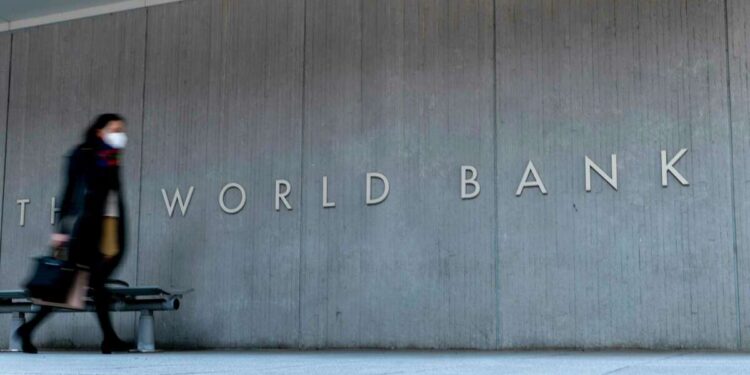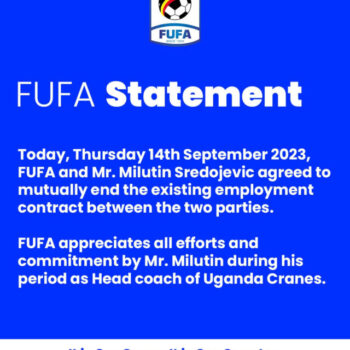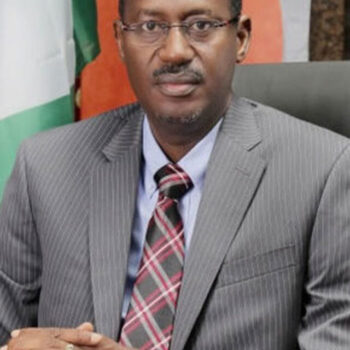The World Bank has halted future project funding in Uganda, citing human rights violations linked to the recent anti-homosexuality law.
CUPERTINO, CALIFORNIA | NOW THEN DIGITAL — The World Bank has suspended future funding for Ugandan projects, citing human rights violations stemming from the recent anti-homosexuality law.
A Bank statement notes funding freeze until Uganda establishes adequate policies safeguarding minorities, including LGBTQ+ individuals.
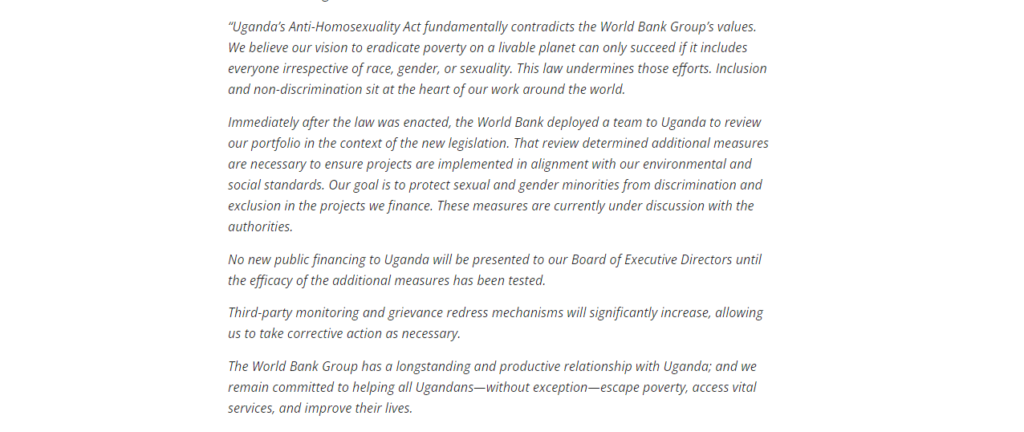
“Uganda’s Anti-Homosexuality Act fundamentally contradicts the World Bank Group’s values. We believe our vision to eradicate poverty on a livable planet can only succeed if it includes everyone irrespective of race, gender, or sexuality. This law undermines those efforts. Inclusion and non-discrimination sit at the heart of our work around the world,” states the Bank.
”No new public financing to Uganda will be presented to our Board of Executive Directors until the efficacy of the additional measures has been tested.”
The law undermines inclusive efforts, the Bank emphasizes, highlighting inclusion and non-discrimination as core to its global mission.
“This law undermines those efforts. Inclusion and non-discrimination sit at the heart of our work around the world.”
In May, President Yoweri Museveni enacted the Anti-Homosexuality Act, imposing penalties, even death, for “aggravated homosexuality.” Rights groups and Western nations, including the US, condemned the law, posing potential sanctions. The US, a major World Bank shareholder, often produces its president.
The Bank has urged Kampala to reconsider the law.
Bank representatives have engaged with Ugandan officials to ensure project alignment with environmental and social standards. Measures to shield sexual and gender minorities within financed projects are under discussion. New financing awaits efficacy tests of additional measures.
”Immediately after the law was enacted, the World Bank deployed a team to Uganda to review our portfolio in the context of the new legislation. That review determined additional measures are necessary to ensure projects are implemented in alignment with our environmental and social standards. Our goal is to protect sexual and gender minorities from discrimination and exclusion in the projects we finance. These measures are currently under discussion with the authorities.”
Even before this law, Uganda prohibited same-sex relations under the old penal code. Critics argue it undermines safeguards for minorities, hindering property rentals for them, and punishing those who hide homosexuals.
The law extends capital punishment to serial offenders, including those transmitting HIV through gay sex. Homosexuality promoters could face up to 20 years in jail.
World Bank President Ajay Banga, in office since June, faced pressure to respond, with 170 civic groups urging concrete actions, like suspending future lending.
Human rights groups widely condemned the anti-LGBTQ law. It enforces capital punishment for “aggravated homosexuality,” encompassing HIV transmission via gay sex, and 20-year sentences for “promoting” homosexuality.
In June, the US imposed travel curbs on Ugandan officials, reacting to Museveni’s enactment.
Museveni, who labels homosexuality a psychological disorder, rebuffed international criticism. He defends the law, asserting its necessity to prevent LGBTQ community recruitment.
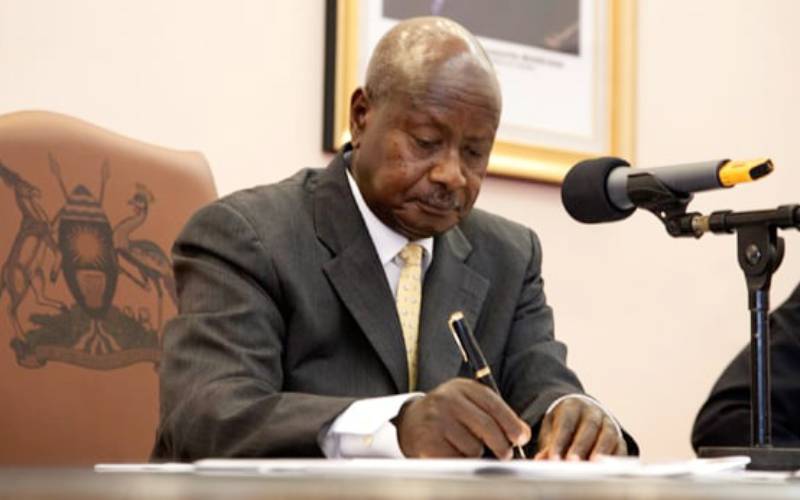
The World Bank has ceased providing new loans to Uganda due to the enactment of an anti-LGBTQ law, citing human rights violations. The Bank’s statement indicates that funding will remain suspended until Uganda implements policies safeguarding minorities, including LGBTQ+ individuals.
Editor’s Note: Please contact press@nowthendigital.com if you find any of the content to be inaccurate or outdated.


